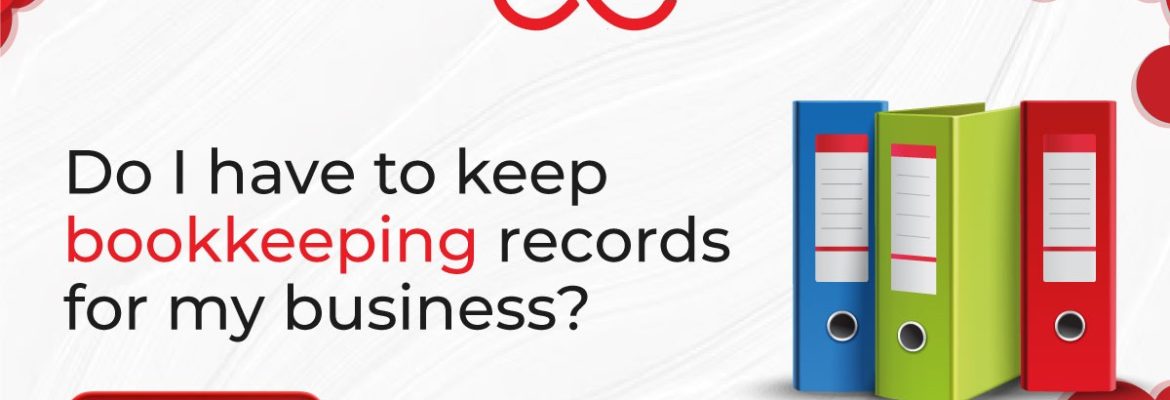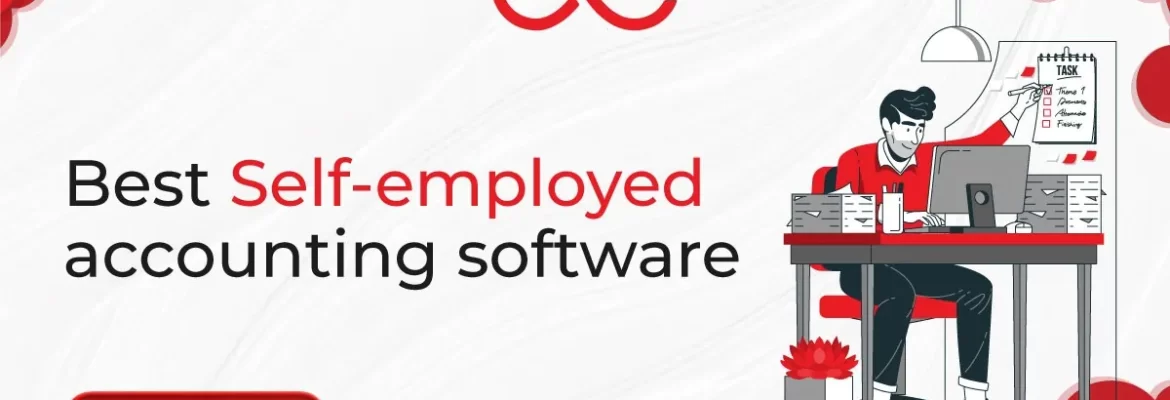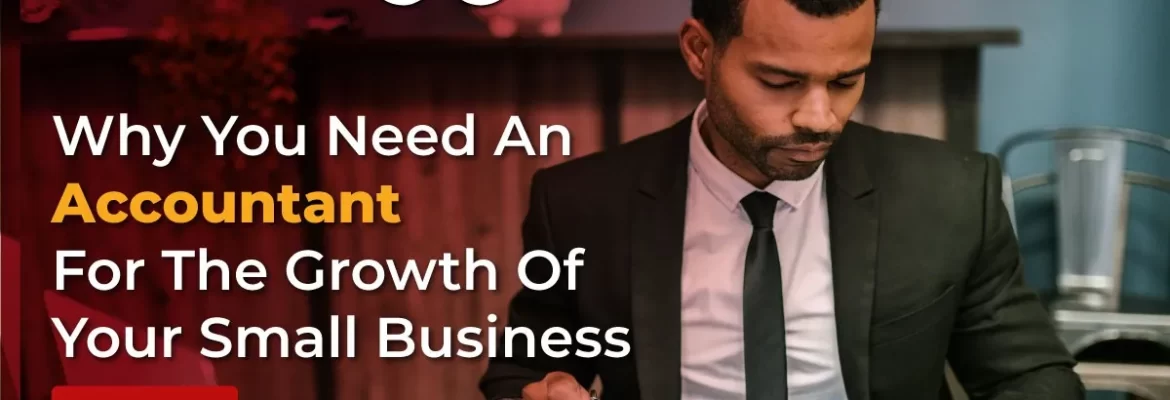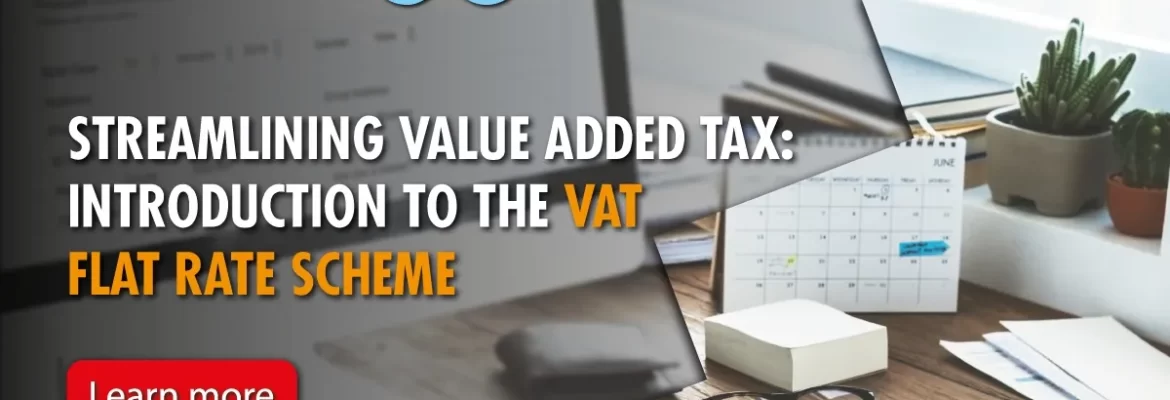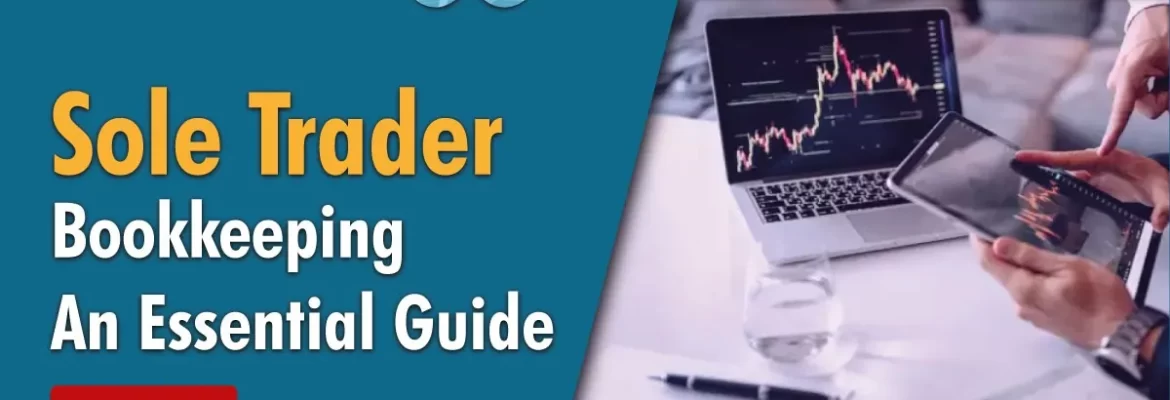Bookkeeping is an essential part of managing a business’s financial health, but it might seem confusing at first. Our guide explains the accounts jargon that might trip you up, and includes advice on how to get your bookkeeping right. What is bookkeeping? The process of bookkeeping involves recording all daily transactions that take place within […]

